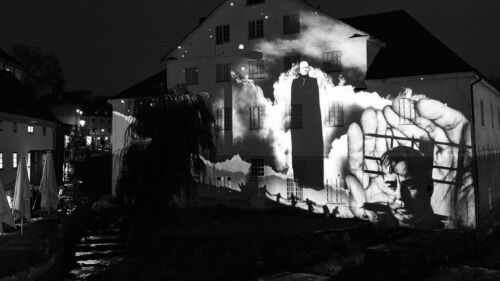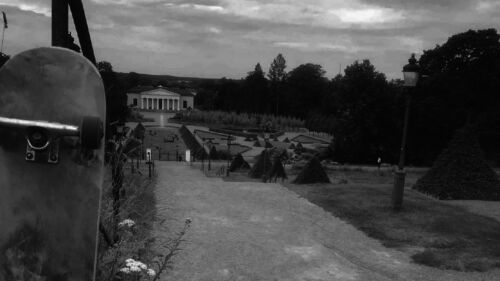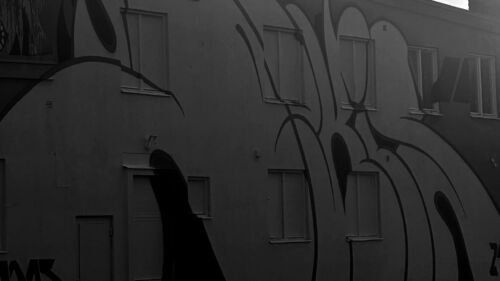
About us
Uppsala’s ambition to become the European Capital of Culture in 2029 is closely aligned with the municipality’s goals and the region’s vision for a sustainable, inclusive, and innovative future. Together, we view culture as a central driving force in addressing challenges such as rapid population growth, social inequality, and the climate crisis. The city’s application, Between the Lines, is a response to the needs identified through an extensive process. These include the need for greater participation, more meeting places, and stronger connections between culture, societal development, and sustainability.

Region Uppsala and Uppsala University are active and committed partners in this endeavor. Agreements with all municipalities in the county ensure that the entire region benefits from the Capital of Culture year, allowing culture to reach more places and more people. Our world-leading universities, Uppsala University and the Swedish University of Agricultural Sciences (SLU), contribute research, innovation, and international collaborations that enhance the region’s role both nationally and across Europe.

To date, thousands of people have been involved in the process, and we now have over 200 partners at the international, national, and local levels who share our vision. This widespread engagement demonstrates the power of working together. While we have already taken many important steps, we are keenly aware that the most significant milestones still lie ahead.
Uppsala is now ready to embrace this historic opportunity. We want to do this together – together with the region, together with our residents, and together with Europe. Together, we can make a difference and create a Capital of Culture year that not only transforms Uppsala but also strengthens cultural ties and collaboration across the continent.

Project and Application Team
Program Director, Uppsala Municipality: Patric Kiraly
Project Coordinator, Uppsala Municipality: Katrin Amberntsson
Project design/Strategic advisor: Chris Torch
Administrative Coordinator, Uppsala Municipality: Fatima Edell
Strategic Urban and Regional planner, Uppsala Municipality: Anton Bergman
Rural Development Strategist, Uppsala Municipality: Helena Nordström Källström
Financial Strategy Advisor, Uppsala Municipality: Malin Bengtsson
Audience Lab: Tanja Kalčić & Katrin Amberntsson
Impact strategist, Uppsala Municipality: Rafael Myncke & Cecilia von Otter
Steering Committee Uppsala Municipality
Acting City Executive Director: Ingela Hagström
Deputy City executive Director: Ola Hägglund
Director of the Department of Culture, Sports and Recreation: Sten Bernhardsson
City Planning Director: Christian Blomberg
Director Business and Economic development: Charlotte Skott
Communication Director: Marta Tiberg
Collaborators and Advisors
Head of the Department of Culture, Region Uppsala: Annika Eklund
Culture Affairs Officer, Region Uppsala: Johannes Ehnsmyr
Regional Development Officer, Region Uppsala: Andrew Metcalfe
Deputy Vice Rector of Humanities and Social Sciences, Uppsala University: Mattias Martinson
Collaboration Manager, Innovation Partnership Office, Uppsala University: Anna Wallsten
Innovation Business Advisor, Uppsala University: Mattias Blob
Full Professor in Conservation, Uppsala University: Christer Gustafsson
Sustainability Manager: Fredrik Frensborg
Our cooperation partners
